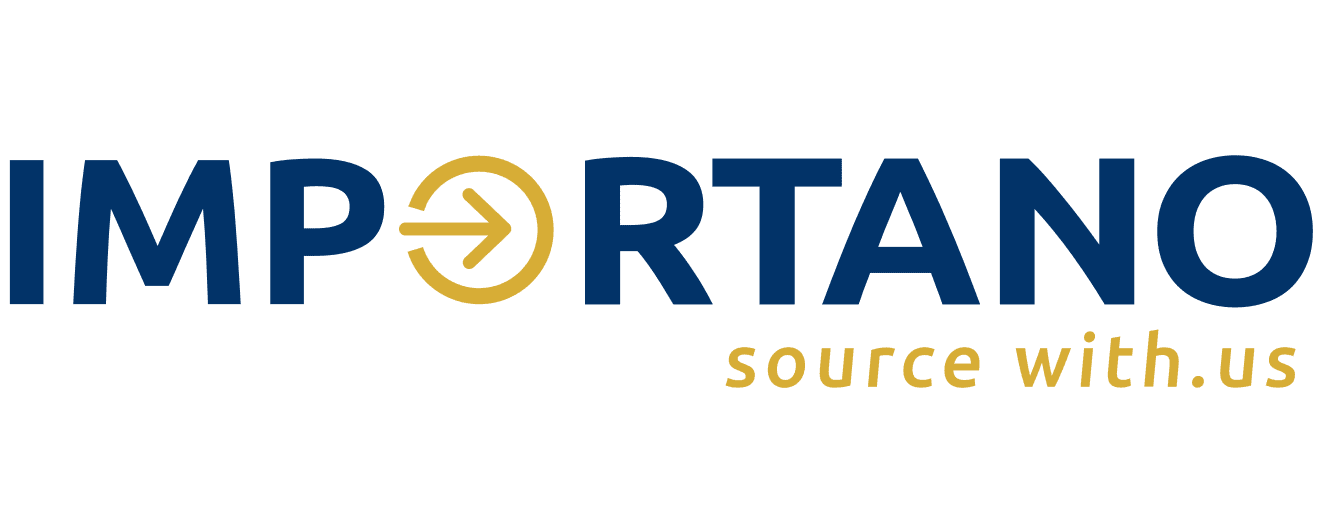
06 Jun A GUIDE TO CHINA’s WHOLESALE MARKETS FOR IMPORTERS: UNLOCKING GLOBAL BUSINESS OPPORTUNITIES
For importers around the world, China’s wholesale markets are a goldmine of opportunities. Known as the “world’s factory,” China offers an unparalleled range of products at competitive prices, making it a top destination for businesses looking to source goods in bulk. From textiles and electronics to home goods and machinery, these markets cater to virtually every industry. In this blog, we’ll explore some of China’s most prominent wholesale markets, their unique offerings, and practical tips for importers to navigate them successfully.
Table of Contents
- Why China’s Wholesale Markets Are a Game-Changer for Importers
- Top Wholesale Markets in China for Importers
- Key Benefits for Importers
- Tips for Importers Navigating China’s Wholesale Markets
- The Future of China’s Wholesale Markets for Importers
- Conclusion
Why China’s Wholesale Markets Are a Game-Changer for Importers
China’s wholesale markets are more than just trading hubs—they are the backbone of global supply chains. For importers, these markets provide direct access to manufacturers, enabling them to purchase high-quality products at factory prices and low MOQ. Here’s why they are a must-visit for businesses:
- Cost Efficiency: Importers can secure products at significantly lower prices at very low MOQ requirements compared to big factories, boosting profit margins.
- Product Diversity: From cutting-edge electronics to traditional handicrafts, China’s markets offer an unmatched variety of goods.
- Customization Options: Many suppliers offer OEM (Original Equipment Manufacturing) and ODM (Original Design Manufacturing) services, allowing importers to create branded products tailored to their markets.
- Global Trade Networks: These markets attract buyers from every corner of the world, fostering a dynamic environment for networking and collaboration.
Top Wholesale Markets in China for Importers
- Yiwu International Trade Market (Zhejiang Province)
Known as the world’s largest small commodity market, Yiwu is a one-stop shop for importers seeking everything from toys and stationery to household items and accessories. With over 75,000 booths, Yiwu is a treasure trove of affordable goods, making it ideal for businesses looking to diversify their product offerings. - Guangzhou Wholesale Markets (Guangdong Province)
Guangzhou is a hub for fashion, electronics, and leather goods. Key markets include:- Shahe Clothing Wholesale Market: A go-to destination for trendy apparel at wholesale prices.
- Huaqiangbei Electronics Market (Shenzhen): Known as the “Silicon Valley of Hardware,” this market is perfect for tech importers.
- Baiyun Leather Goods Market: A prime spot for high-quality leather products like bags, wallets, and belts.
- Keqiao Textile Market (Shaoxing, Zhejiang Province)
As the largest textile trading center in Asia, Keqiao is a must-visit for importers in the fashion and home decor industries. Spanning over 1.6 million square meters, it offers a vast selection of fabrics, yarns, and finished textiles. The market also hosts the Keqiao International Textile Expo, a premier event for industry professionals. - Beijing Silk Market
Originally famous for silk products, this market has expanded to include clothing, accessories, and souvenirs. It’s a great option for importers looking for unique, culturally inspired items. - Shanghai Wholesale Markets
Shanghai is home to markets like the Qipu Road Clothing Market and the Shanghai South Bund Fabric Market, where importers can find custom-tailored clothing and fabrics at competitive prices. - Fujian Stone Wholesale Market
Specializing in stone products like marble, granite, and tiles, this market is ideal for importers in the construction and interior design industries.
Key Benefits for Importers
- Direct Access to Small Scale Manufacturers
Importers can find small scale manufacturers that can offer lower MOQ and are more flexible when it comes to customized items, ensuring better prices for smaller orders. - Customization and Branding
Many suppliers in China’s wholesale markets offer OEM and ODM services, allowing importers to create unique, branded products tailored to their target markets. - Competitive Pricing
China’s economies of scale and efficient production processes enable importers to source goods at unbeatable prices. - Global Shipping and Logistics Support
Many markets have established logistics networks to help importers ship goods efficiently to their home countries.
Tips for Importers Navigating China’s Wholesale Markets
- Plan Your Visit
Research the markets that align with your business needs and create a detailed itinerary. This will help you make the most of your time in China. - Verify Supplier Credibility
Always check the reputation and credentials of suppliers. Look for certifications, read reviews, and request samples to ensure product quality. - Negotiate Effectively
Bargaining is common in Chinese markets. Approach negotiations respectfully and be prepared to walk away if the terms aren’t favorable. - Understand Minimum Order Quantities (MOQs)
Many suppliers have MOQs, so clarify these requirements upfront to avoid surprises. - Leverage Local Expertise
Consider hiring a local agent or interpreter to help navigate language barriers and cultural differences. - Stay Updated on Trade Regulations
Familiarize yourself with import/export regulations, tariffs, and customs procedures in both China and your home country.
The Future of China’s Wholesale Markets for Importers
As China continues to embrace digital transformation, its wholesale markets are becoming more accessible to international buyers. Platforms like Alibaba and Made-in-China allow importers to browse and purchase products online, making it easier to source goods without traveling to China. Additionally, sustainability and ethical manufacturing are gaining traction, with many markets offering eco-friendly products to meet global demand.
Conclusion
China’s wholesale markets are a gateway to endless business opportunities for importers. Whether you’re sourcing textiles from Keqiao, electronics from Huaqiangbei, or small commodities from Yiwu, these markets offer the tools and resources to grow your business globally. By understanding the landscape, building strong supplier relationships, and staying informed about industry trends, importers can unlock the full potential of China’s wholesale markets.
So, if you’re ready to take your business to the next level, start exploring China’s wholesale markets today—your next big opportunity awaits!
Have you imported goods from China’s wholesale markets? Share your experiences and tips in the comments below!

No Comments